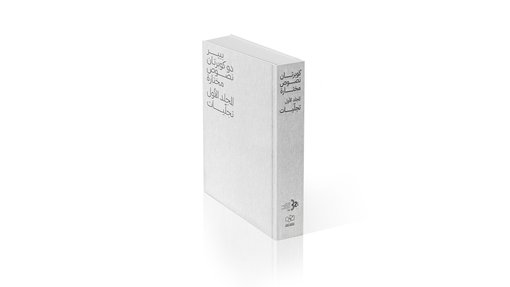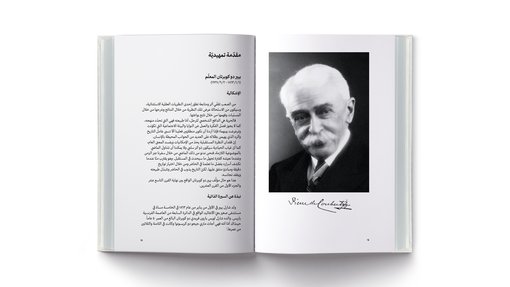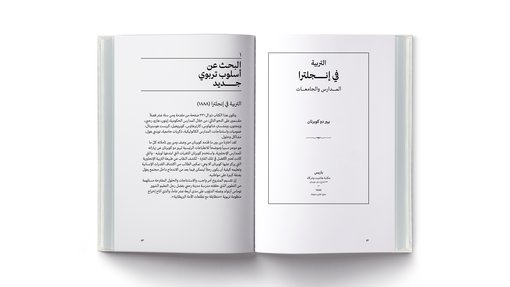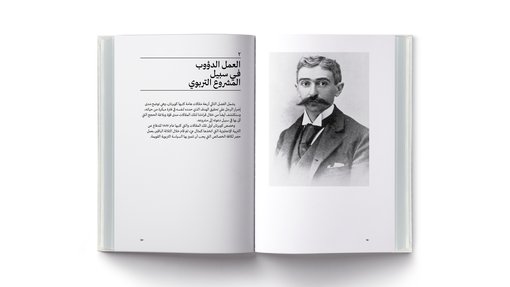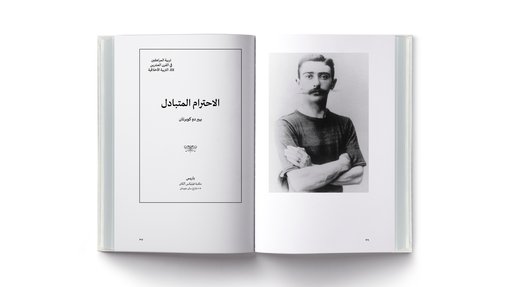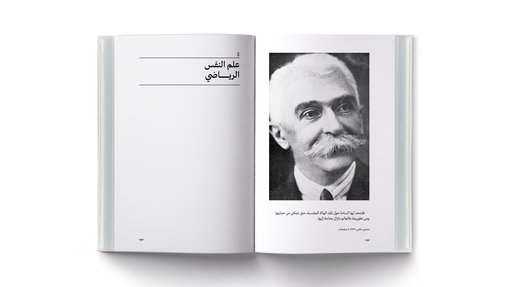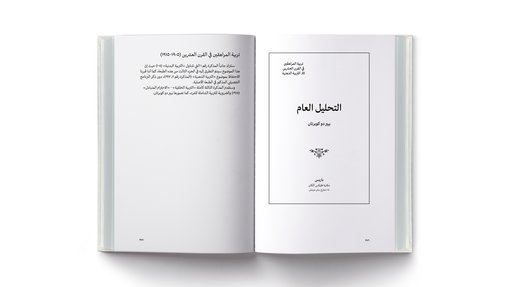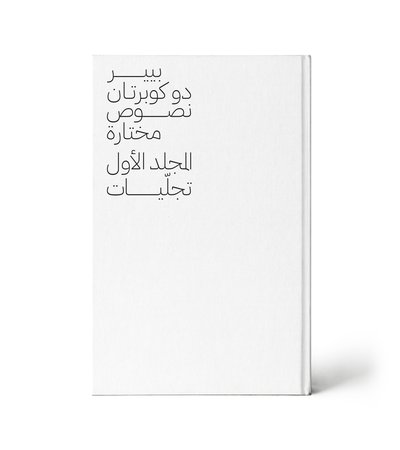Qatar Museums’ recent publication of the writings of Pierre de Coubertin, a champion of the Olympic movement, represents just one aspect of its ongoing support of these ideals. Randa Takieddine, the Director of Publications at Qatar Museums, discusses the motivation behind translating and publishing Pierre de Coubertin's selected writings in Arabic.
Q. What was the main objective behind translating and publishing Pierre de Coubertin's selected writings in Arabic? How does it fit within Qatar Museums' broader mission?
Randa Takieddine: Pierre de Coubertin is known as the ‘father of the modern Olympics’ for his role in promoting the values of the Olympic movement and reviving the Games in 1894. Coubertin believed that sport transcends boundaries and serves a higher purpose for humanity. For him, the Olympic Games represented much more than mere competitions, but rather were capable of improving the world by highlighting the values of Olympism.
